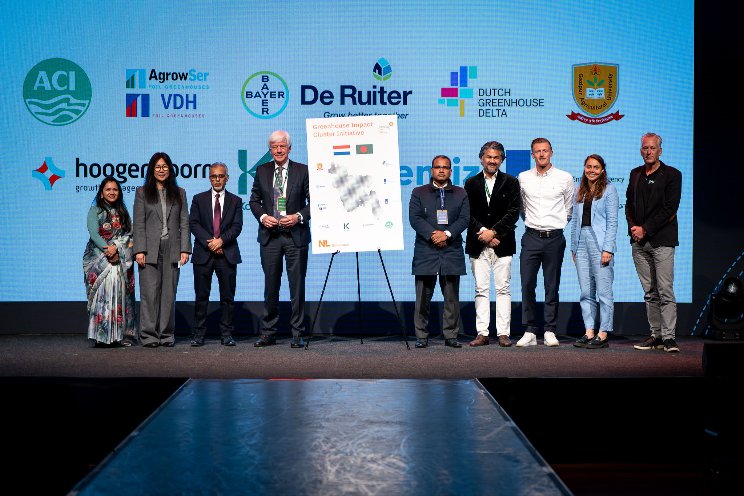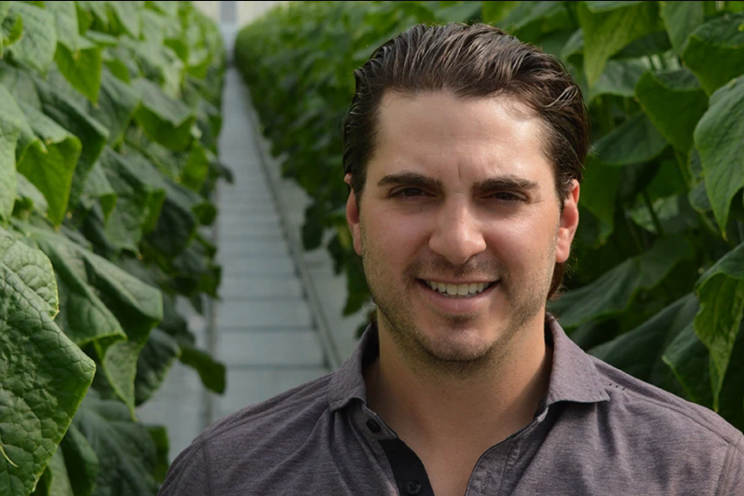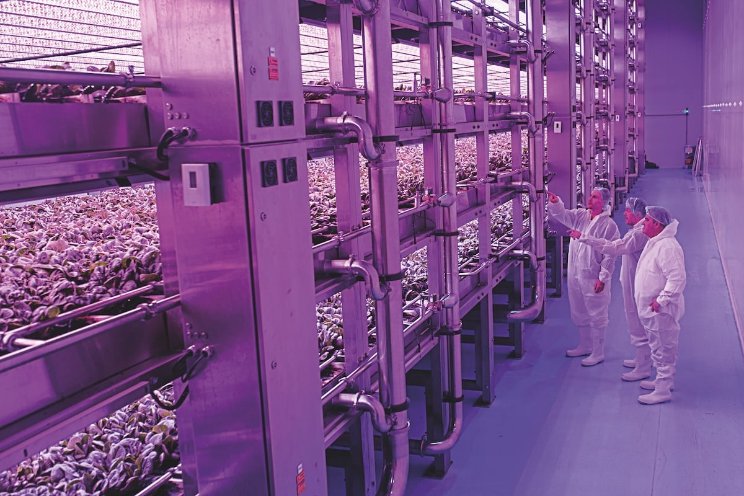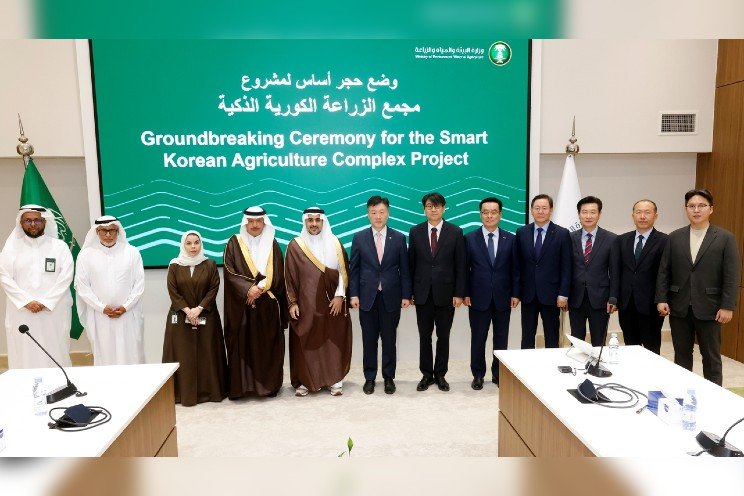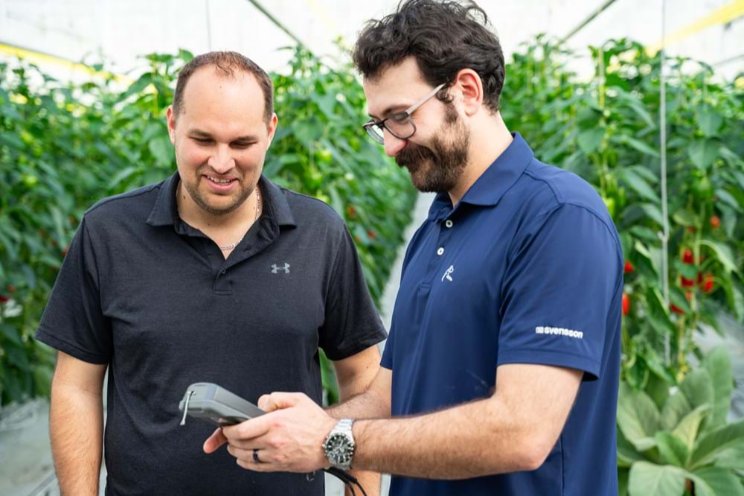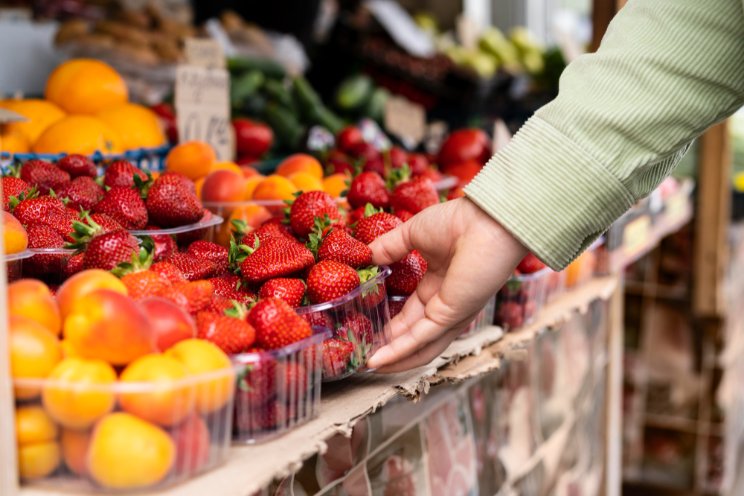Helping scientists grow food in outer space
Added on 23 August 2020

Naurvik — which translates to "growing place" in Inuinnaqtun — is a greenhouse is made up of two sea containers. Launched last fall by the Arctic Research Foundation and Agriculture and Agri-Food Canada, the facility is powered by wind and solar energy and aims to combat food insecurity — an issue that greatly impacts communities in the North.
Nearly 70% of households in Nunavut face moderate to high food insecurity and lack access to healthy and affordable food, according to a report from Action Canada. This figure is six times higher than in the rest of Canada, the report also notes.
Several factors related to the use, availability, quality, and accessibility of food contribute to the issue, according to the Nunavut Food Security Coalition. Climate change and transportation costs — which are 6 to 10 times higher in Nunavut than in other isolated regions of Canada — have added to the problem.
Now, the Canadian Space Agency (CSA) is joining forces with the greenhouse to develop a curriculum dedicated to the study of space-related food production. Scientists and technicians will take part in this program, in collaboration with technical trainers and the Nunavut community.
The project will enable scientists to learn more about food production in a remote environment and under extreme weather conditions. Ultimately, the goal is for these research findings to be applied in outer space.
"There can be a lot learned between growing food on the ground and growing food in space," CSA engineer Matthew Bamsey told CBC.
However, Bamsey noted that the project will remain an exchange-based venture that will benefit all participants, allowing Nunavut residents to expand the greenhouse.
Scientists taking part in the project will share their knowledge and skills in the area of food production, which could prove beneficial to the local community as a whole.
Source: Global Citizen
Photo by Aldo Delara on Unsplash
Source: Global Citizen
More news
